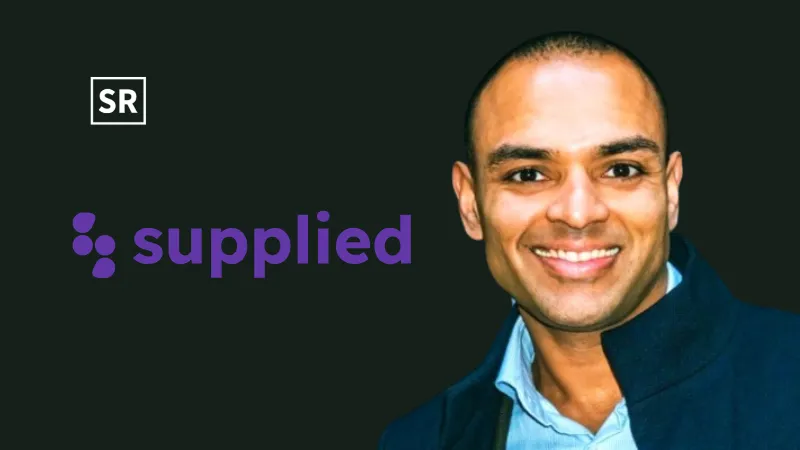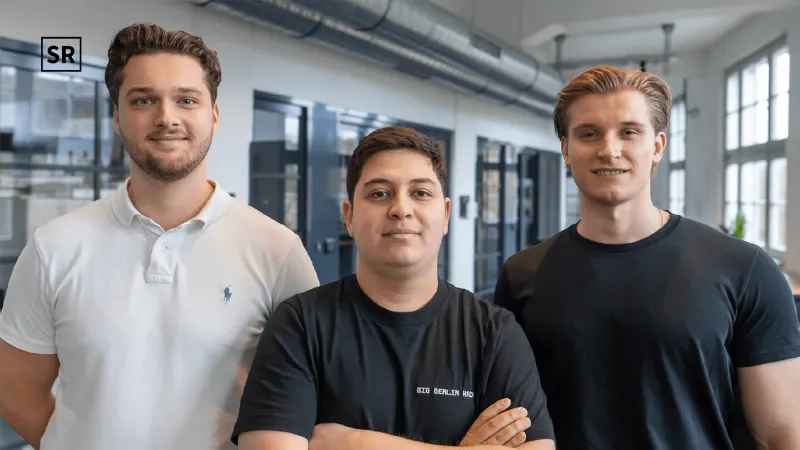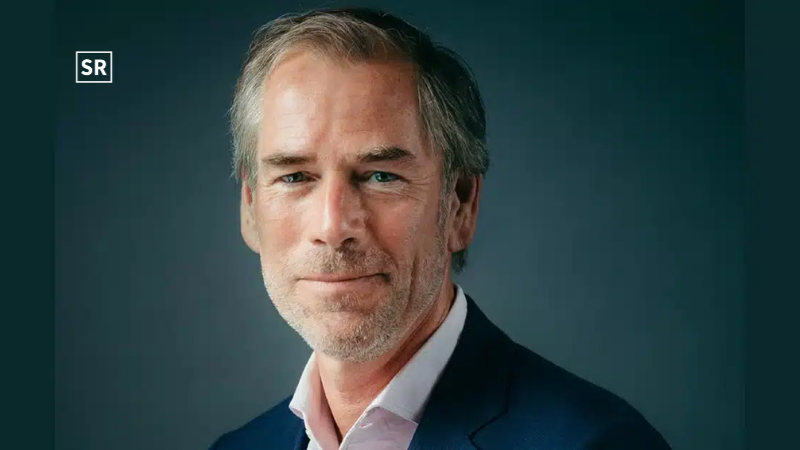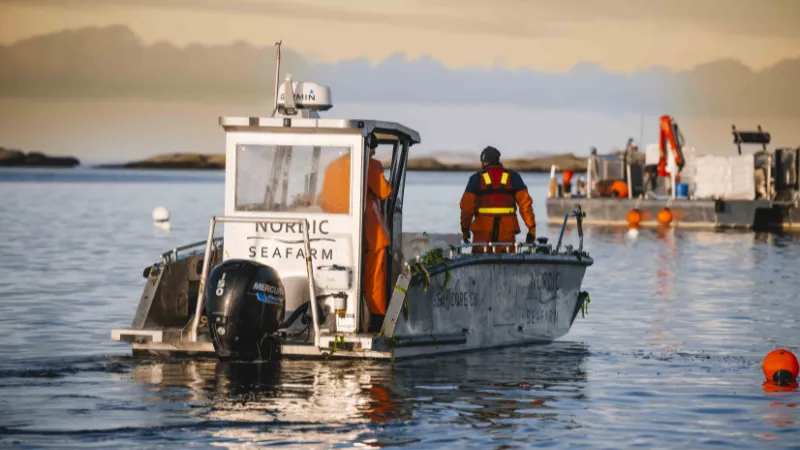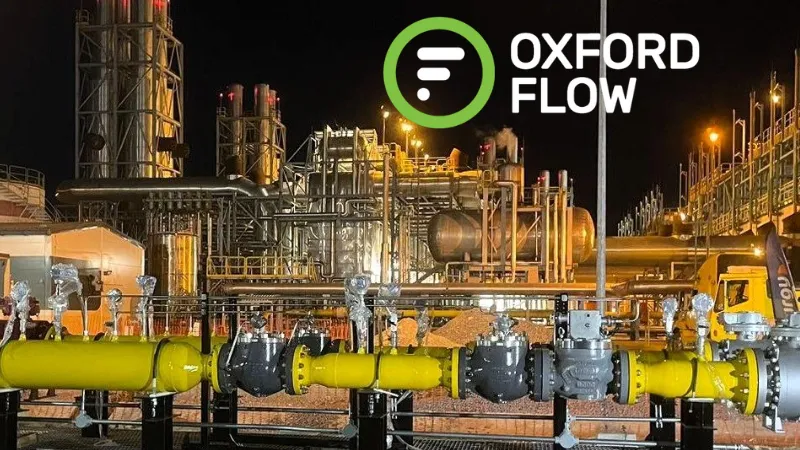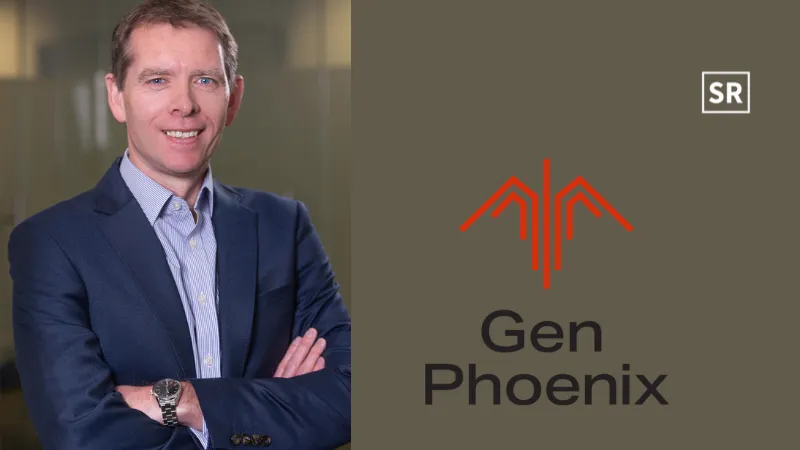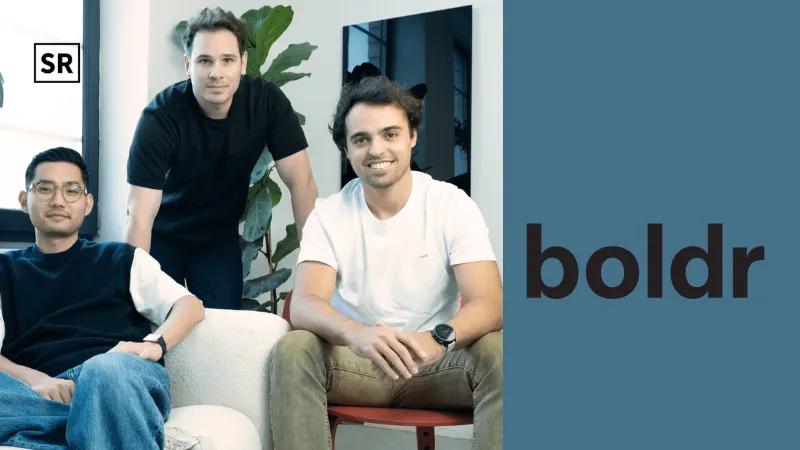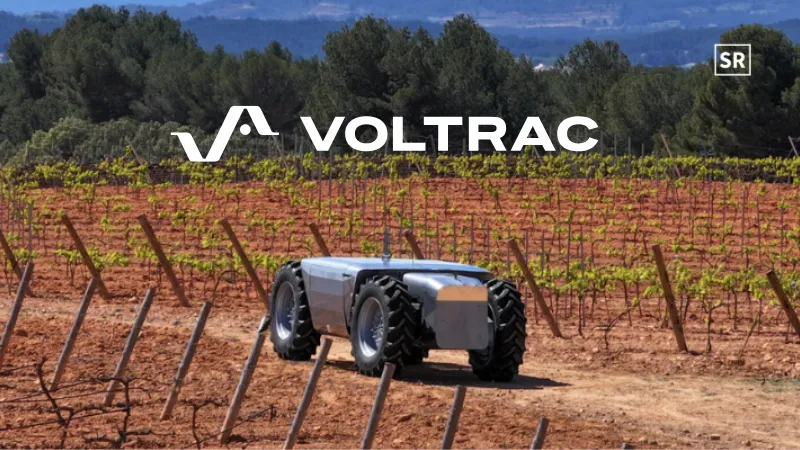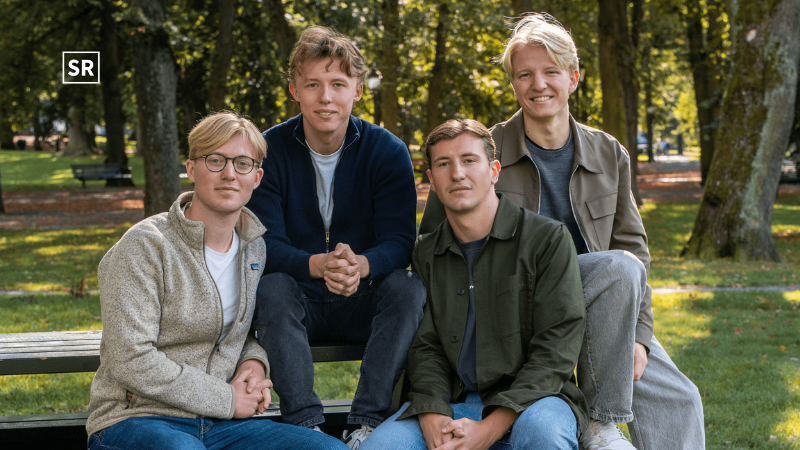[Funding alert] Bristol-based WASE Raises over £8.5 Million in Funding
Mar 28, 2024 | By Team SR
- WASE UK startup secures £8.5 million to unlock the power of waste.
- WASE was Founded in 2017 by Dr. Thomas Fudge and Llŷr Anwyl.
- It's objective is to promote innovation in sustainable waste and energy management to save the environment for coming generations.
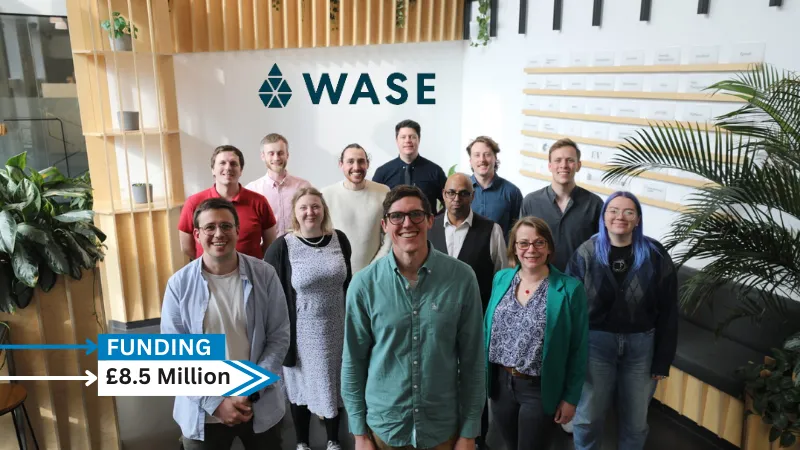
WASE, a climate tech startup raises over €9.9 million in funding. The round was led by Extantia Capital, with participation from Hitachi Ventures, WEPA Ventures, the family venture capital firm of the European multigenerational family business WEPA, and Engie New Ventures, the CVC arm of the global energy company Engie.
Other investors include Elbow Beach Capital and Empirical Ventures. The round includes £2.4 million in non-dilutive funding. The round earmarks funds for them to scale operations and execute multi-million pounds of signed contracts and projects with their customers while they build out their product offering.
The investment is crucial in the next stage of their scale-up strategy and the delivery of their proprietary Electro-Methanogenic Reactor (EMR) technology to customers. They are excited for the coming years and the impact the investment will enable them to achieve.
Their investors see the versatility of their technology. From maximising the recovery of biogas from organic matter in wastewater to ensuring Anaerobic Digestion plants get the highest yields.
Their units increase biogas generation by 30%, up to ten times faster than AD. The tech also increases the methane content of biogas to more than 80% compared to conventional AD where methane contents of 50-60% are more typical.
Their plug-and-play system fits into existing infrastructure and is 50-70% smaller than what is currently available. The modular solution allows customisation, making it much easier for companies to deploy at their site, resulting in more energy production and lower costs in the long run.
Thomas Fudge, Founder and CEO of WASE said, “We want our technology to set a new standard in the waste treatment and energy sectors, by not only optimising waste breakdown but by boosting methane production across the board, We’re seeing a future of Waste-to-Energy that maximises economic and environmental benefits for all players involved, and we aim to play a major part in this transition by becoming leaders in the biogas market. Extantia and ENGIE, who deeply understand this sector, and all the investors supporting us in this round, will be invaluable resources to help us achieve this.”
Carlota Ochoa Neven Du Mont, Principal at Extantia said, “WASE’s approach doesn’t just increase biogas and biomethane yields from the AD process, making it more profitable and productive, it is reshaping the way industrial businesses are thinking about their resources, We think their cutting-edge technology, the know-how they have built-in commercialising their wastewater solutions, their existing supplier relationships, and their capital-efficient approach positions them well ahead of competitors in this space – and we’re delighted to support them.”
Camille Bonenfant-Jeanneney, Managing Director of ENGIE Renewable Gases Europe said, “ENGIE has the ambition to develop 10 TWh per year of biomethane production capacity in Europe by 2030. We want to accelerate the energy transition and strengthen Europe’s sovereignty. This participation into WASE is a concrete step to deploy innovative technology onto the market and to allow greater efficiency and competitiveness,”.
About WASE
WASE, is an innovative startup in the uk ecosystem, that goal is to create a sustainable world that values and safeguards their most valuable resources. Eighty percent of wastewater worldwide is released into the environment untreated. They also produce 1.6 billion tonnes of food waste annually.
Waste can now be used as fuel for the future since they are able to harness its power. Wase are collaborating with manufacturers to convert their inevitable trash into agricultural inputs, biofuel, and reusable water.


 Follow us
Follow us Follow us
Follow us